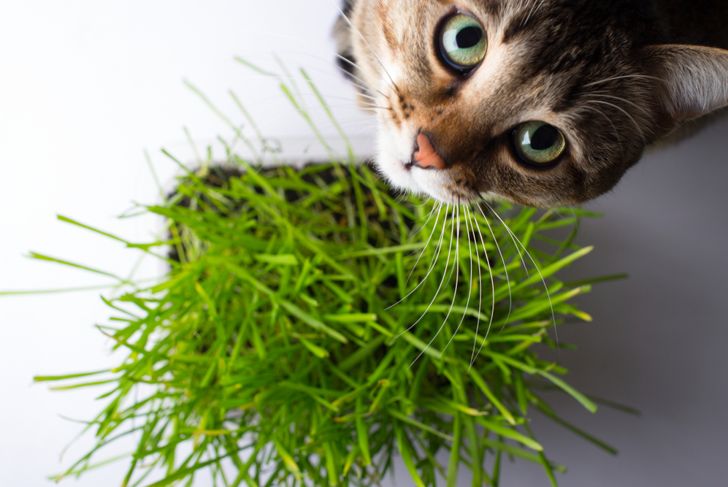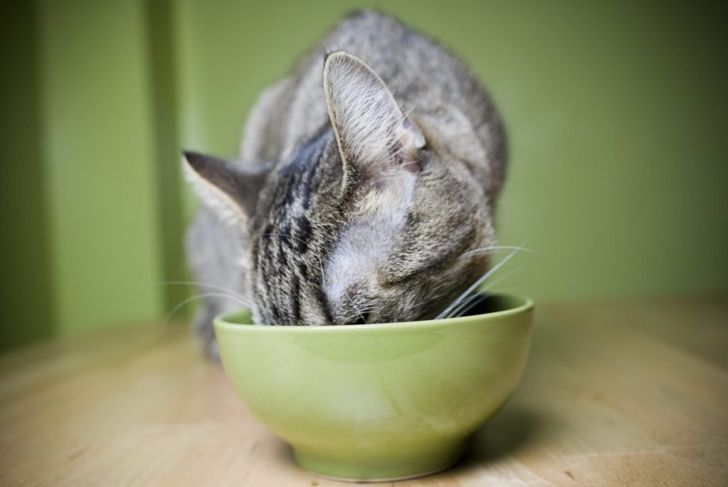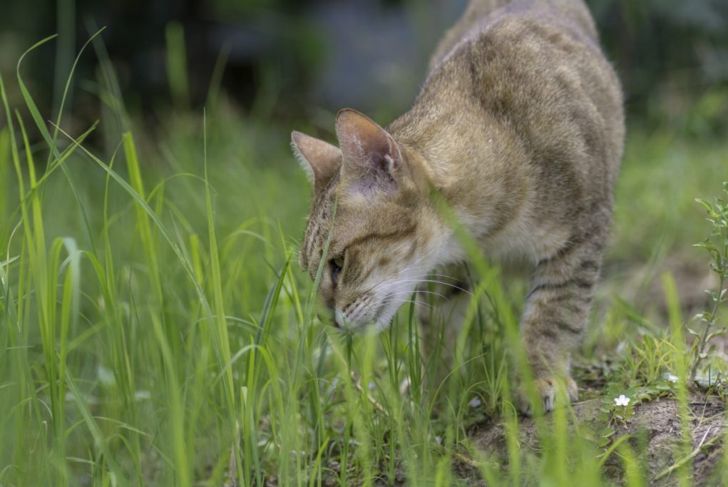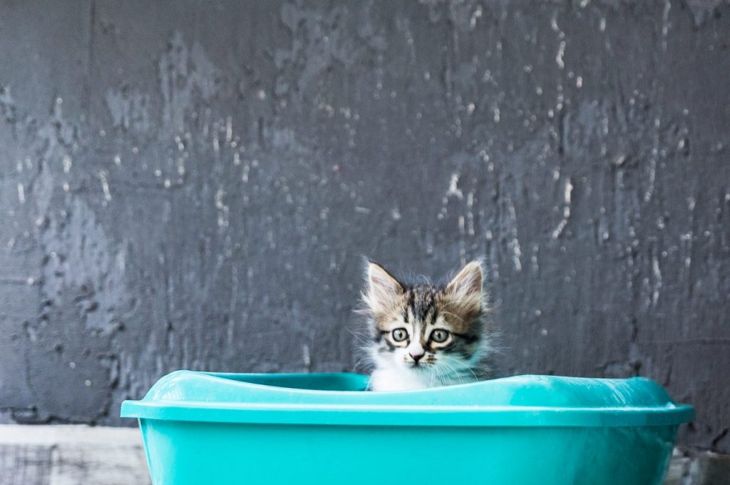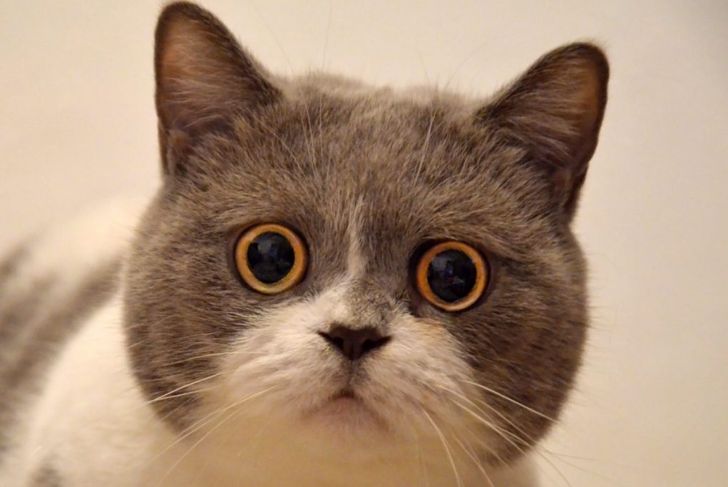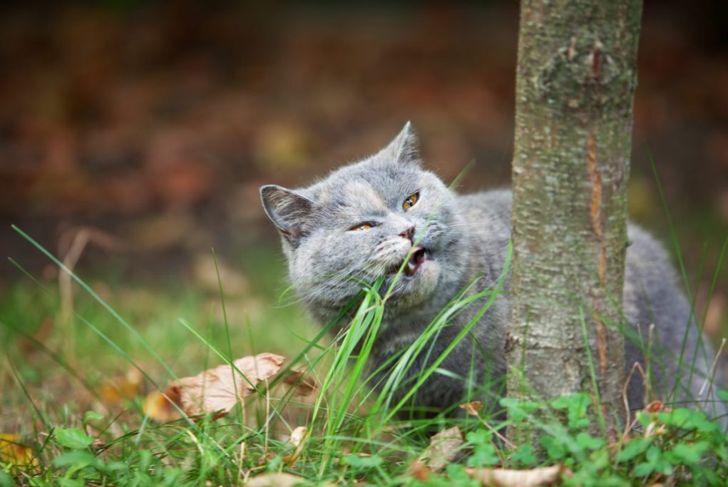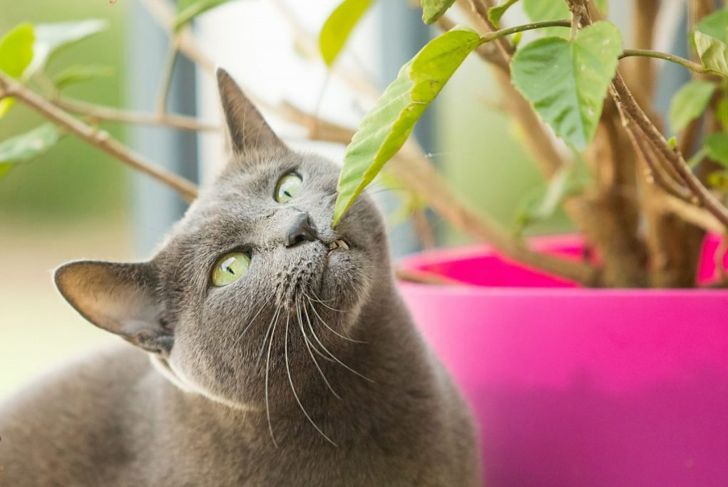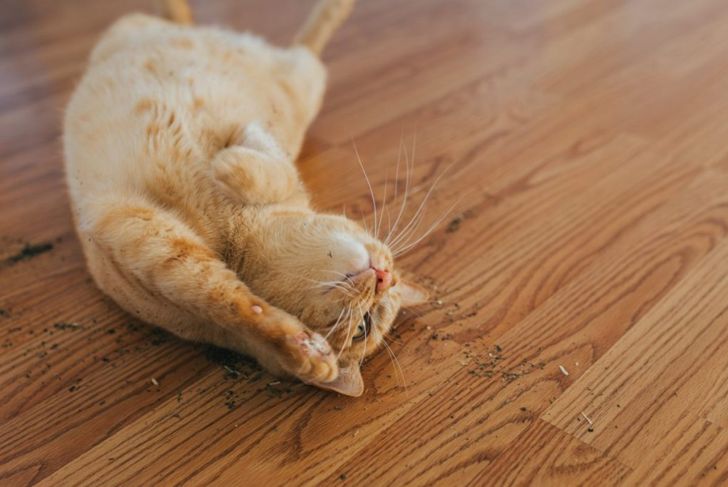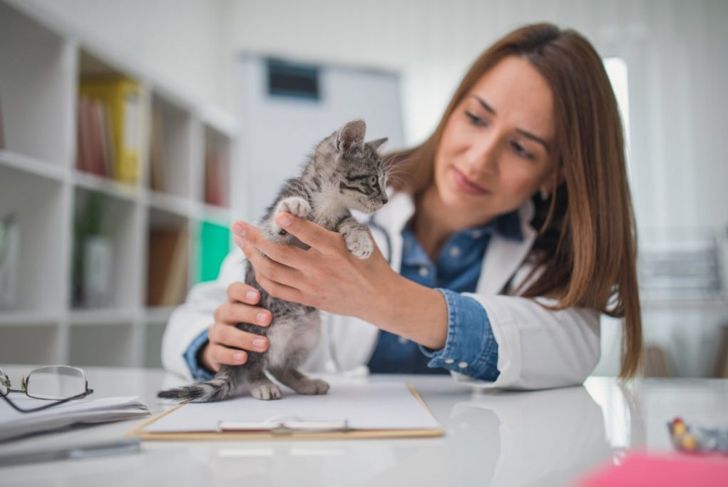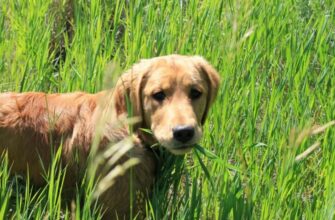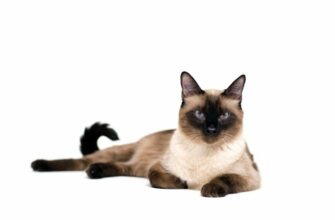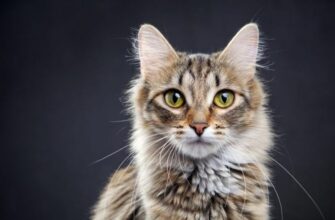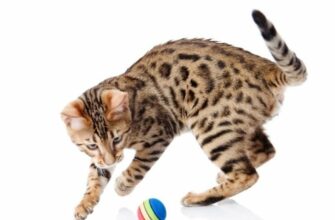Cats are enigmatic creatures at the best of times, but most of their behaviors make some sense. However, one particularly bizarre and often messy behavior is their tendency to eat grass. Even well-fed, happy, and healthy cats will chow down on foliage on occasion, and they’ll often throw it back up on the carpet later. Why do cats eat grass if they’re only going to throw it up? Many cat owners have asked themselves that question in frustration as they clean up after their furry friends. This strange trait does have some solid reasons behind it.
A Healthy Diet
First, it is important to understand what cats need to eat. The reason they tend to throw up grass and other plants is that they’re obligate carnivores, which means they’ve evolved to get most or all of their nutrients from meat. Cats are generally unable to digest plant matter efficiently and sometimes cannot digest it at all.
Soothing an Upset Stomach
One of the main reasons cats eat grass is because they instinctively know they can’t digest it and that it will make them vomit. If a cat has an upset stomach, it may have ingested poison or eaten something it can’t digest. For a wild cat without human assistance, vomiting is often the safest course of action. Eating grass can trigger that reflex and get the offending substance out of the cat’s stomach.
Extra Nutrients
While cats rely primarily on meat for their nutrients, sometimes their diets can still be lacking. The grass is high in certain nutrients that they need, including folic acid. One theory suggests that chewing the grass breaks it down enough to let the cat absorb small amounts of folic acid and other critical nutrients, supplementing an insufficient diet.
An All-Natural Laxative
Even cats with healthy diets can get a little backed up, particularly if they don’t vomit up hairballs or eat those hairballs again. The grass is high in fiber, which may help cats pass hairballs and other blockages more easily. Some experts notice constipated cats tend to eat more grass than healthy cats, which suggests they may instinctively know that grass helps get things moving.
Boredom and Anxiety
Cats may spend most of their days sleeping, but they’re still active, intelligent creatures who need a lot of stimulation. If they’re bored, they may turn to obsessively chew on grass or other surfaces to relieve that boredom. Similarly, cats with high anxiety often develop obsessive behaviors to soothe themselves, and eating grass, and other plants or soft materials is a common one.
The Dangers of Eating Grass
Luckily, most of the time it is perfectly safe for your cat to eat grass. If your cat does it excessively, it may cause internal damage due to acid reflux or other digestive issues, but that is rare. In most cases, the big concern is whether the plant itself is safe for cats. Most species of grass are fine, though grass that has been treated with pesticides or herbicides may be toxic. In addition, sometimes a blade of grass can get stuck in a cat’s throat or nasal passage and cause irritation.
Can Cats Eat Other Plants?
Unfortunately, other plants are not always as safe as grass. Many, including common houseplants, are toxic. That won’t necessarily stop cats from chewing on them, especially if the activity is a reaction to boredom or anxiety. Several common species of lily and palm, along with common flowers such as daffodils and daisies, are toxic to cats. Even plants that are normally beneficial to humans, such as aloe vera, can be dangerous. Consult a veterinarian or an animal poison control center to ensure your houseplants are safe.
The Catnip Question
Catnip is famous for its feline appeal, and luckily it is generally safe for cats to be around. Researchers believe that the main reason cats love this plant is its high nepetalactone content, which mimics certain natural pheromones that cats emit. However, the appeal does appear to be genetic. Studies have shown that about 30% of cats have no interest in this plant, and the trait seems to run in families. Although catnip is generally safe, you might want to keep a close eye on your cat if you notice he has a tendency to eat large amounts of catnip. It can sometimes cause an upset stomach, which may lead to unpleasant messes.
What to Do if Your Cat Eats Grass
Since eating grass is generally safe, you don’t have to do much at all if your cat eats it occasionally. If your cat is an indoor cat, ensure that it only has safe plants to nibble on to prevent poisoning. For outdoor cats, you may want to provide safe spots to try to avoid the risk of your pet finding dangerous sources such as poisonous plants or sprayed grass.
When To Call a Veterinarian
There are a few times when eating grass may require veterinary attention. If your cat eats grass in large amounts or very frequently, you may want to see your veterinarian for a general check-up to help rule out any underlying issues that may be causing digestive upset or other problems. On rare occasions, a blade of grass can become stuck in your cat’s throat. This usually causes sneezing, coughing, and other signs of irritation. If you notice these symptoms after your cat has eaten grass, you may need a veterinarian to remove a stuck blade. If your cat eats toxic plants or plants that have been treated by herbicides or pesticides, call your veterinarian or an animal poison control center immediately.

 Home
Home Health
Health Diet & Nutrition
Diet & Nutrition Living Well
Living Well More
More